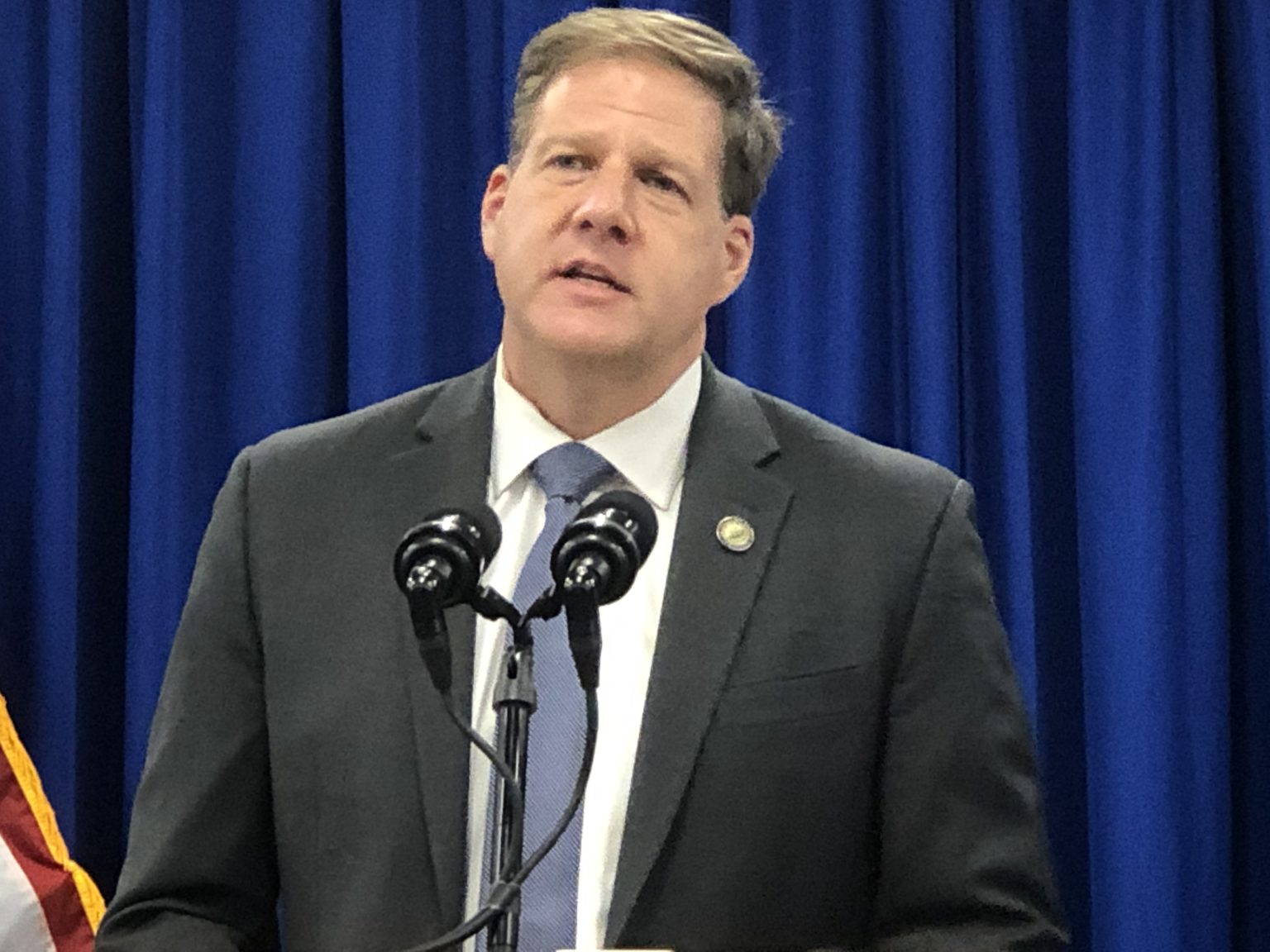
CONCORD, NH — Gov. Chris Sununu responded Wednesday to a letter sent by 13 New Hampshire mayors on Nov. 6 appealing to the governor to map out a coordinated statewide plan to address the state’s lack of emergency shelter and long-range solution to homelessness.
Sununu in his letter acknowledged the issue and said that he signed an Executive Order revamping the State’s Interagency Council on Homelessness by expanding its scope and membership, as well as renaming it to the Council on Housing Stability.
This revamped council is tasked with updating New Hampshire’s statewide homelessness plan, and addressing broader issues with housing affordability and stability. The council is charged with presenting a preliminary plan, which includes legislative recommendations for the 2021 legislative session, no later than December 14, 2020.
“Our focus on homelessness is not new and our philosophy is consistent: housing is not an optional lifestyle commodity, but rather, is an irreplaceable requirement for any form of humane human condition,” said Sununu. “Housing stability is a key social determinant of health and is essential for all children, adults and families to thrive in New Hampshire. Therefore, my administration enthusiastically welcomes your willingness to partner with the state to create broad, integrated, and innovative approaches to address and prevent homelessness.”
Sununu cited two “success stories,” The Bridge House in Plymouth, which is a 20-bed shelter for individuals or family units that also provides outreach to veterans, and operates on a mix of private donations and government grants; and Family Promise shelter in Nashua, which provides room for about 25 families-only, a project shepherded by the national non-profit Family Promise, which has planted about 200 shelters nationwide and relies on volunteers and donations from local church congregations and donors as well as corporate partners. That shelter is expected to be open by the end of 2020.
The time and money it takes to bring such smaller shelters to fruition is daunting and part of the reason why New Hampshire has, for years, struggled to maintain adequate inventory of statewide emergency, transitional and supportive housing. The Nov. 6 letter from the mayors pointed to the absence of a statewide plan on paper – the last state plan was penned in 2006.
Other New England states, such as Vermont and Connecticut, have made strides in reducing homelessness with overarching statewide plans, while homelessness has been on the rise in New Hampshire, up 5 percent between 2014 and 2018 among individuals and 6 percent among families.
The mayors cited the success of the Veterans Administration commitment to ending homelessness among veterans with a “cohesive nation-wide strategy,” launched in 2009 resulting in a 50 percent reduction in homelessness among veterans. They also urged the governor for a plan with “an incident command infrastructure” similar to the Governor’s Commission on Alcohol and Other Drugs that requires accountability and can track positive outcomes.
Four of the six pages focused on the dollar-value of state and federal funding that has been allocated to New Hampshire’s 10 counties. It did not address the current count of hundreds of New Hampshire residents who are unsheltered for lack of beds, compounded by the state’s COVID-19 guidance to reduce capacity at existing shelters.
A fraction of those, who are living under tents outside the courthouse, likely will be moved to a different campsite, according to the NH Attorney Generals’ office.
On Wednesday Associate Attorney General Anne Edwards told WMUR that the state’s plan for those camped out on the Hillsborough County Superior Courthouse lawn is to find housing alternatives for these individuals who are there, “and in some cases, those housing alternatives may be other encampments.” She said there is not currently a deadline for clearing the property.
In a statement issued Tuesday Manchester Mayor Joyce Craig issued a response to the state’s assessment of the encampment on state-owned property, over which Manchester has no jurisdiction. In her response, Craig said moving people who are already unsheltered to a different unsheltered location is no solution. Wrote Craig:
“As you know, only one in four individuals living unsheltered in our community reports being from Manchester, and we welcome any effort from the State that results in more sheltering and more housing for anyone that is unsheltered in Manchester. However, we do not support temporarily, intermittently, or involuntarily relocating unsheltered persons from one outdoor encampment, to another outdoor encampment, especially since that would contribute to increased health risks in our City during the ongoing and worsening pandemic.”
The letter is below:







